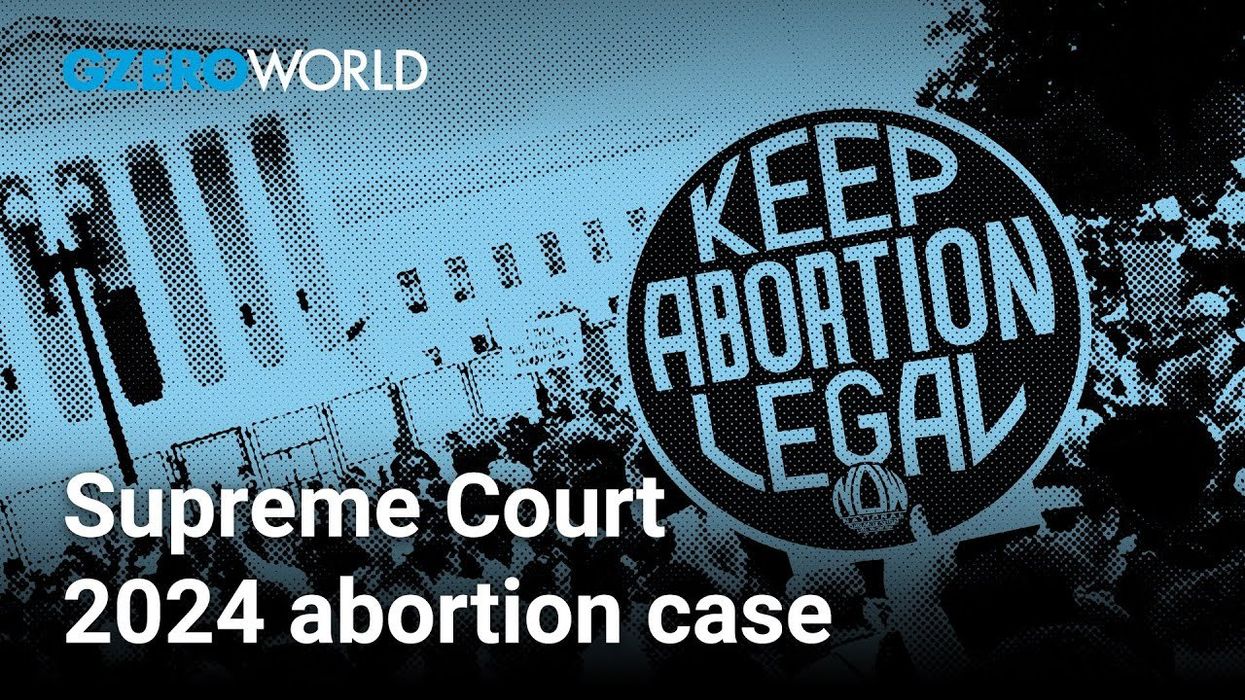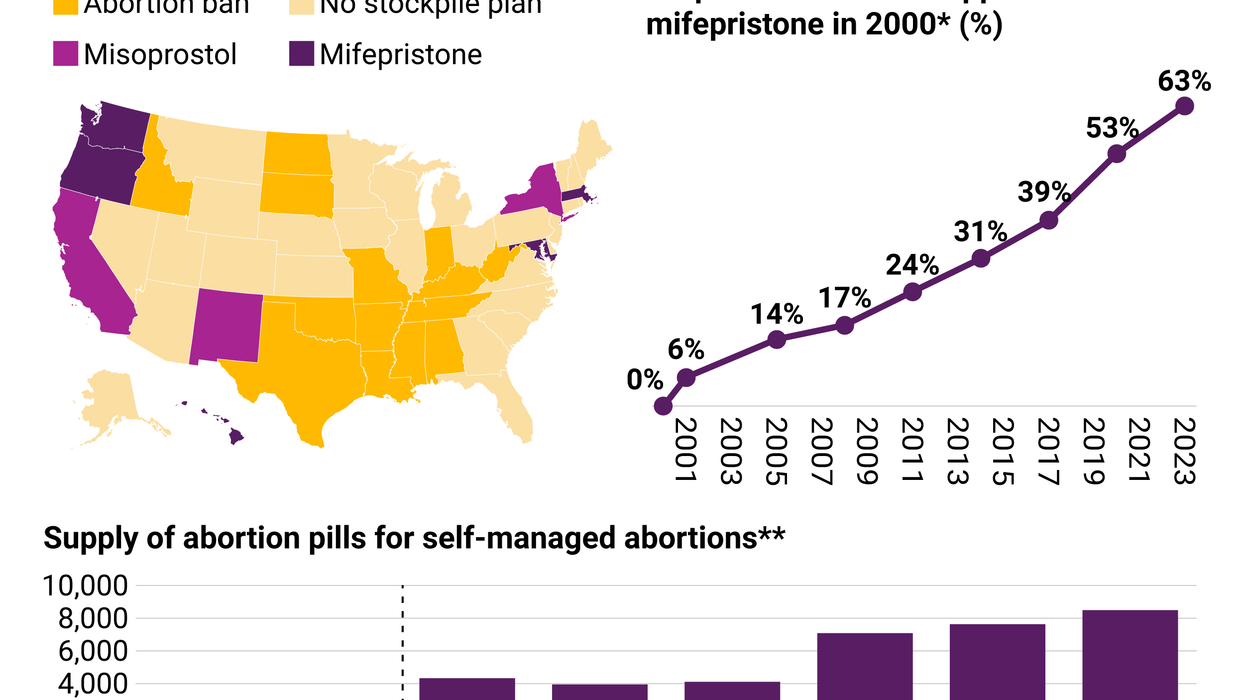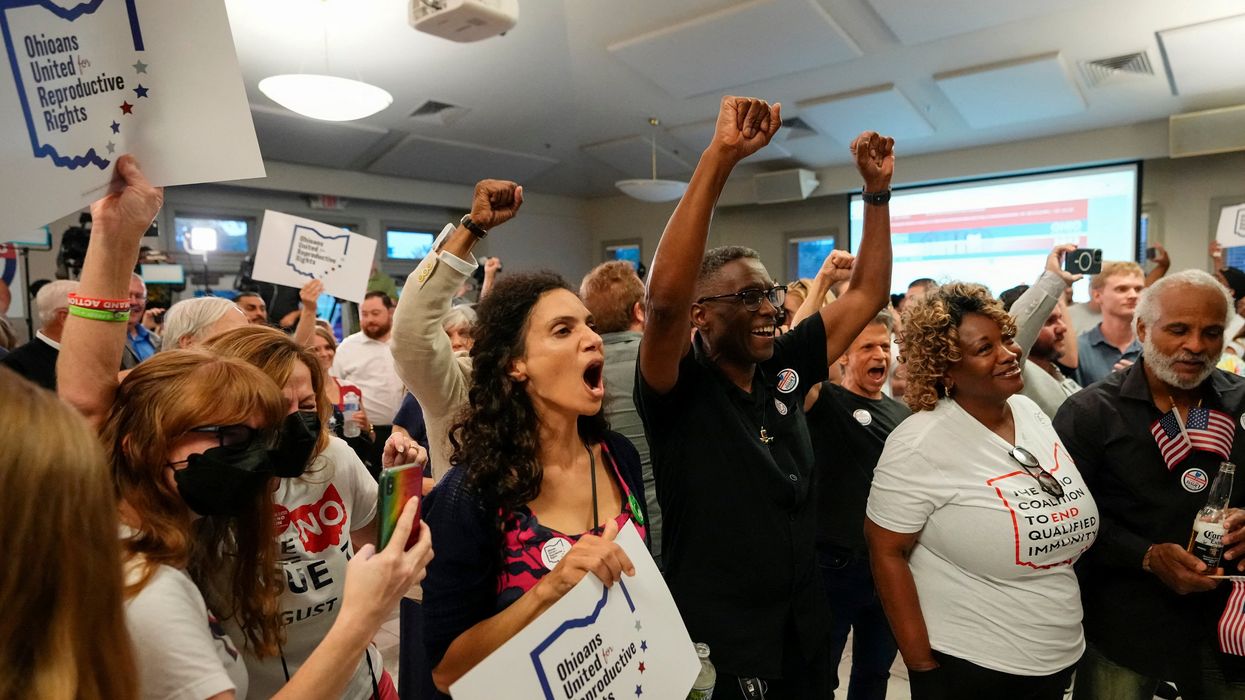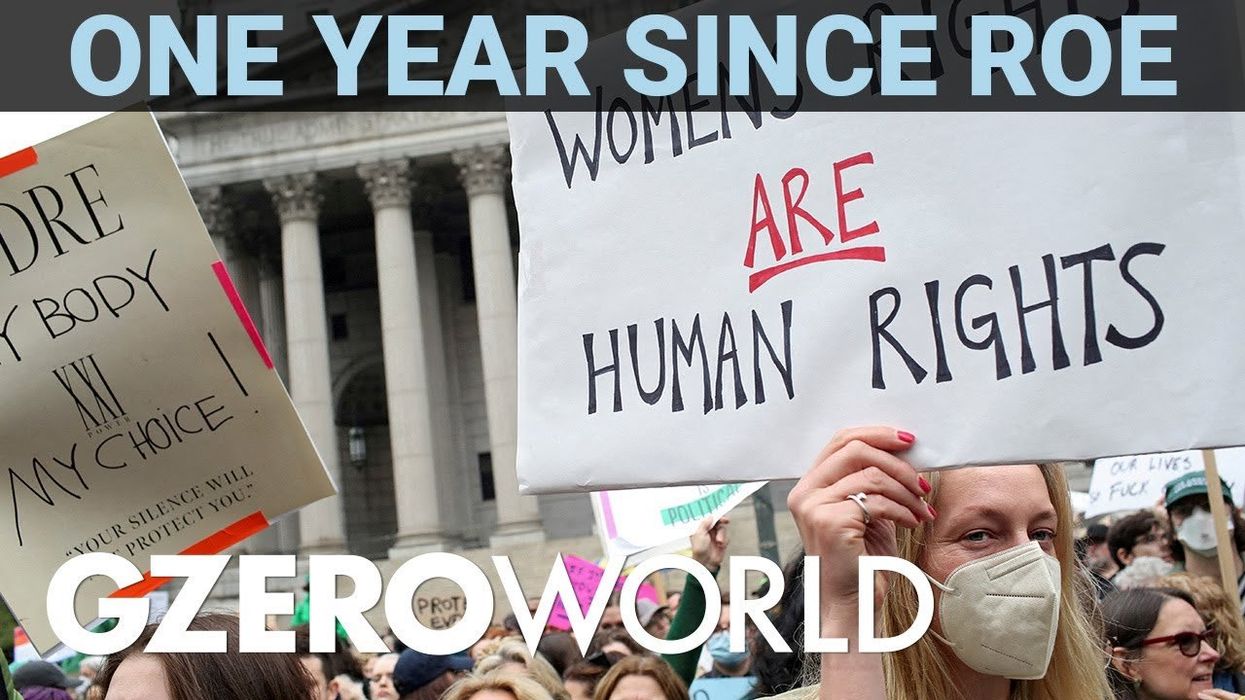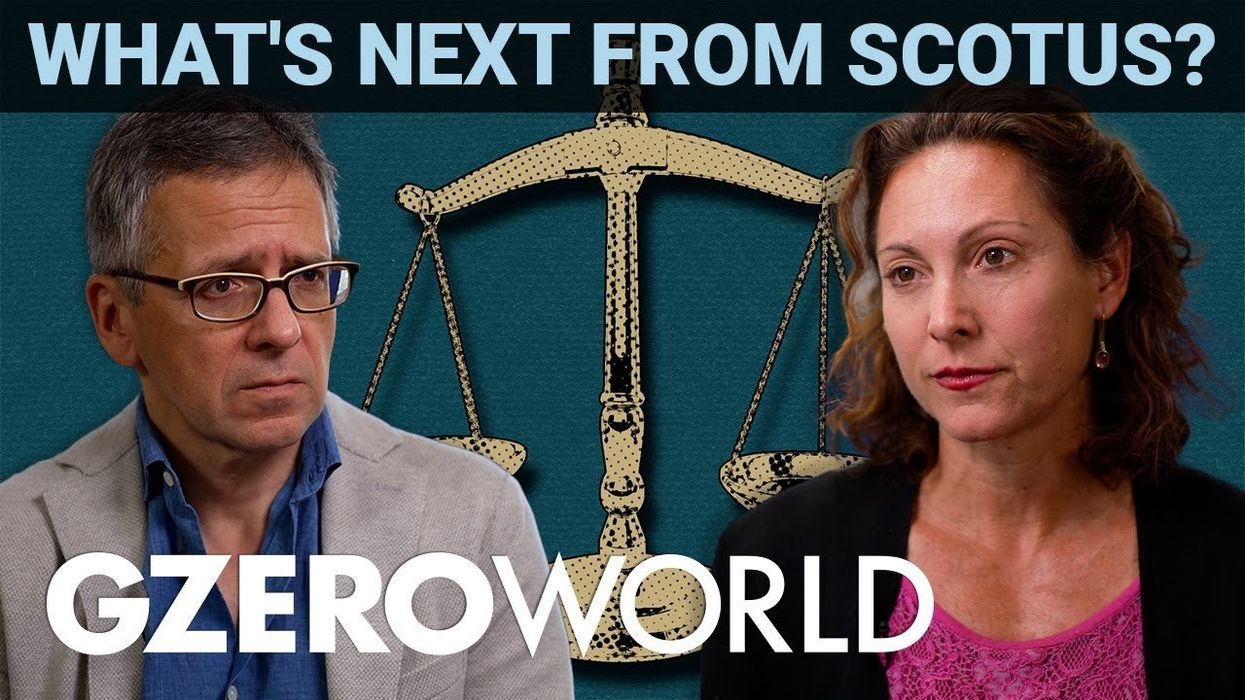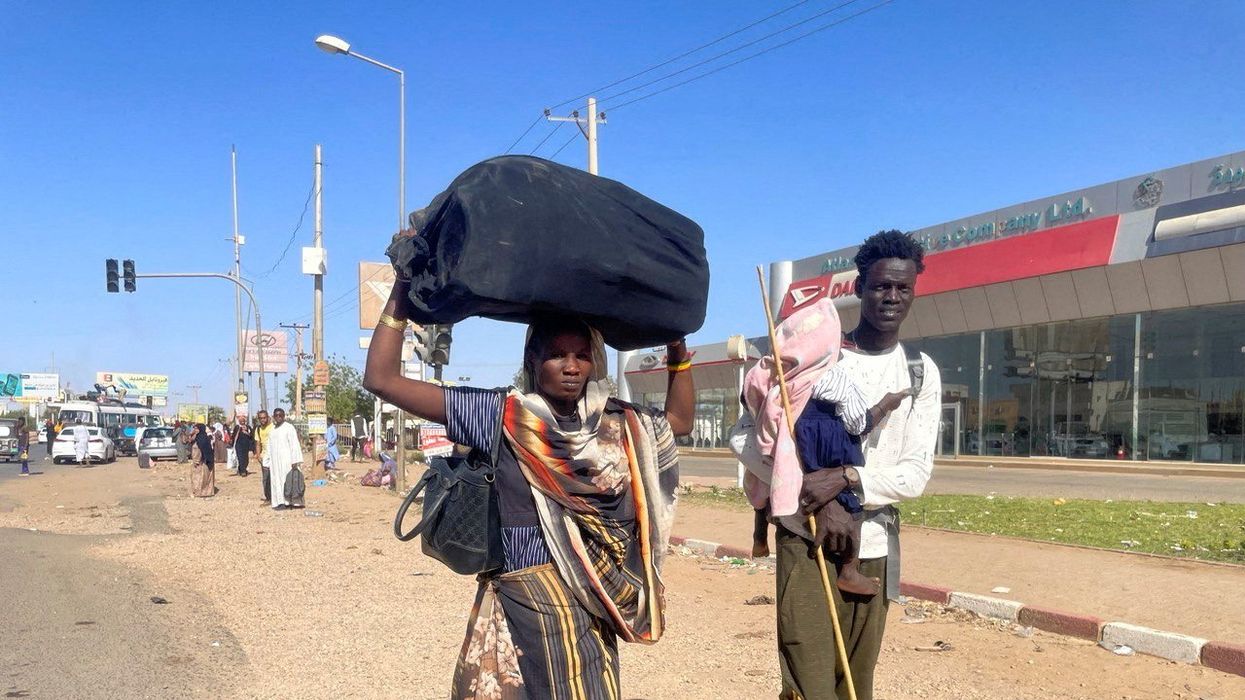GZERO World Clips
Supreme Court will rule on abortion rights once again. What’s at stake now?
The Supreme Court is set to issue rulings on government power, including the power of cities to remove homeless encampments and the power of federal agencies to interpret Congress's laws.
May 09, 2024
